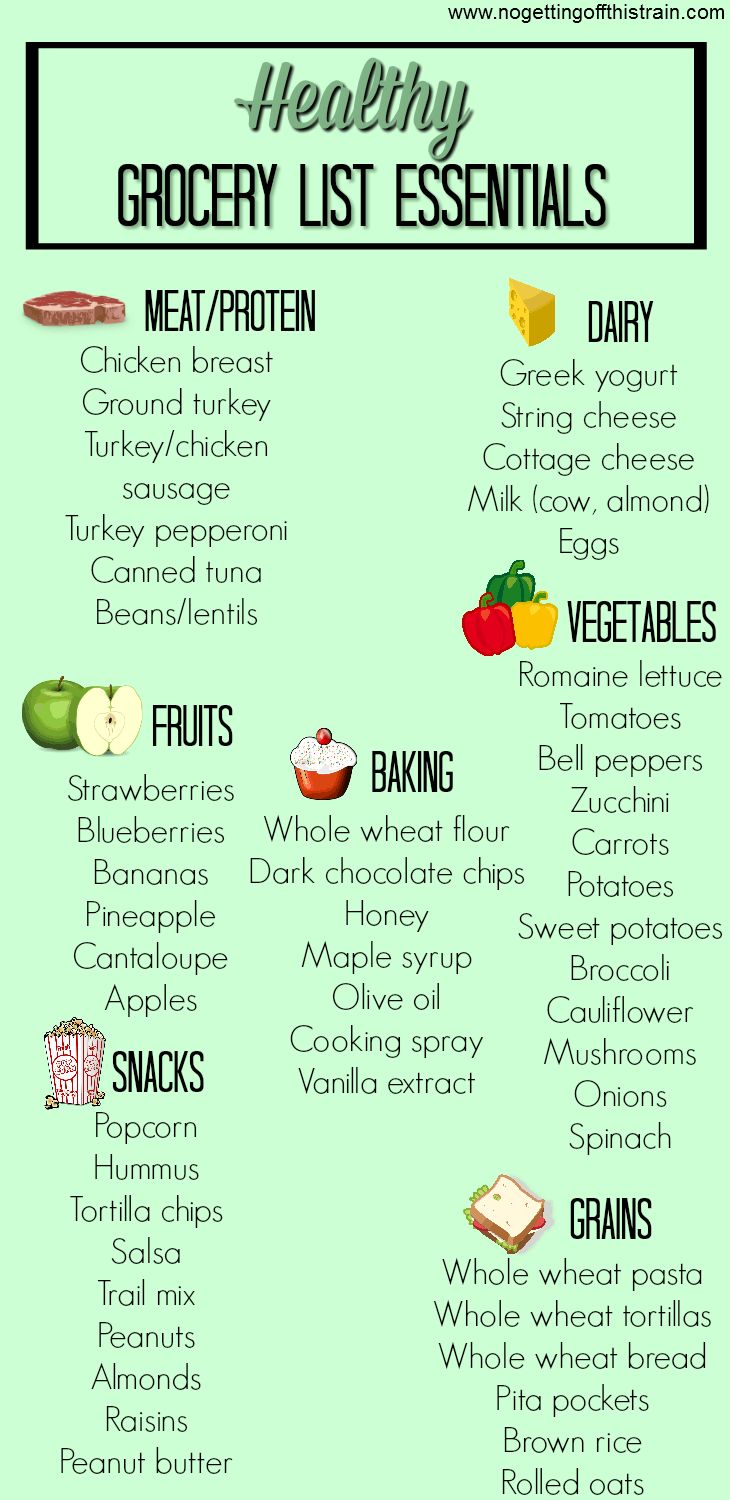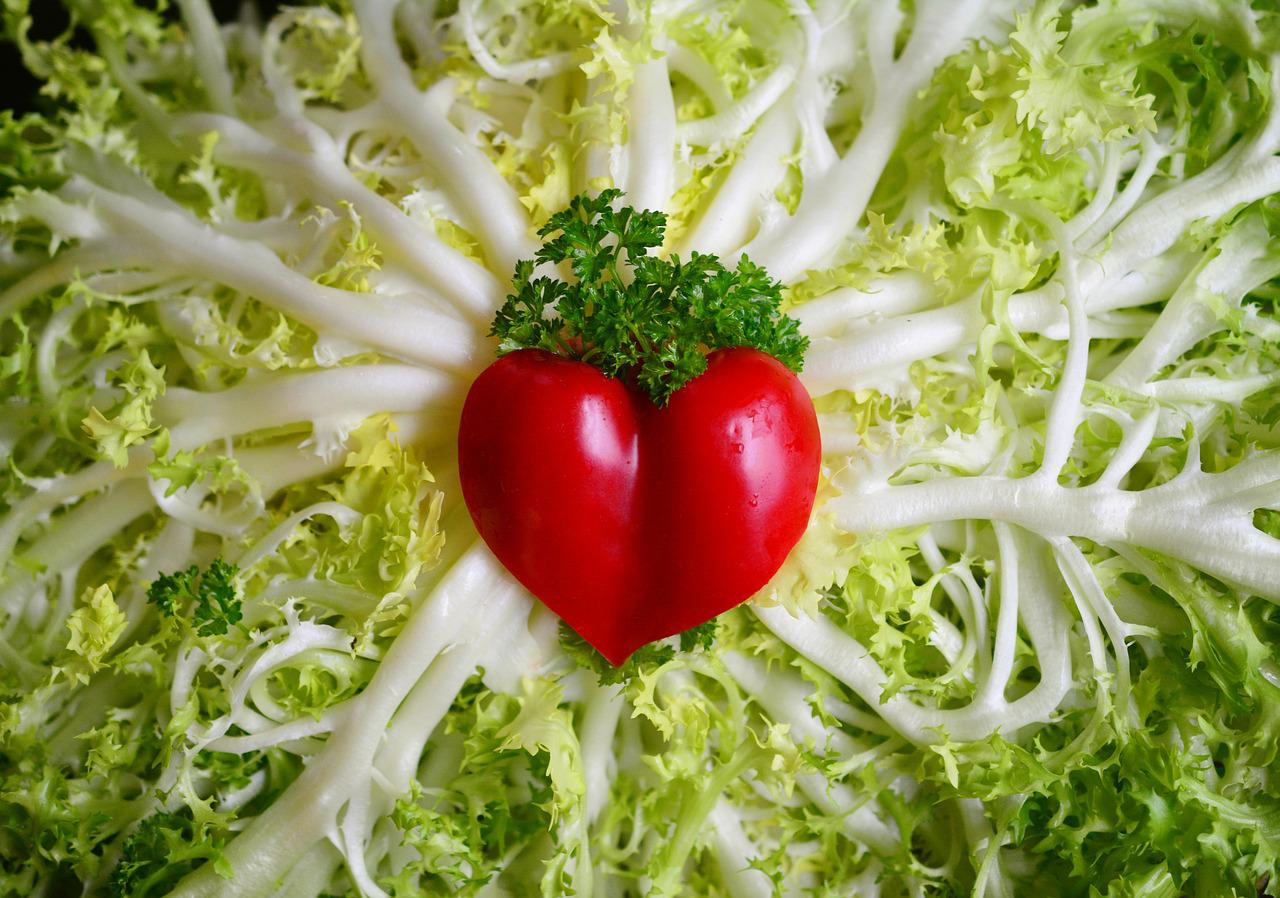
The Healthy Eating Plate provides a good starting point for anyone who wants to learn about healthy eating. The guide is based on nutrition science, and there are no commercial incentives. It also discusses which foods are healthy and which should be avoided. Follow the advice in this guide to build a foundation for your wellbeing and health. These are some resources that can be helpful:
The MyPlate displays the food groups and teaches how to combine them into a balanced meal. A nine-inch plate should consist of half starchy vegetables, one third protein foods, and one quarter carbohydrates. Top it off with a zero-calorie drink. This is an effective and simple way to plan your meals. It is also suitable for people not as familiar with nutrition or health.

Healthy Eating Plate encourages you to eat a wide range. Americans are notoriously low in fruit and vegetable intake. New guidelines have made a huge impact on our eating habits. The new guidelines encourage people not to eat as many white potatoes as possible and encourage them to eat more colors. You will also find a wide range of other foods on this Healthy Eating Plate.
The Food Groups described in the MyPlate will be the same as those listed on the MyPlate. These foods provide most of our nutrients. These foods also contain a lot of fiber, which means they keep us fuller for longer. Whole grains are higher in fiber, which means they keep us fuller for longer. Whole grains have many benefits, and there are plenty of resources to help you decide the right one.
The Healthy Eating Plate also highlights the importance to fat. It encourages us all to use plant oils when cooking. These fats lower the harmful cholesterol in our blood, which is important for our health. MyPlate recommends limiting butter consumption and trans fat. The MyPlate has no recommendations for fat. This means that a high-carb lifestyle could cause higher levels of blood cholesterol. Healthy eating habits are good for your health.

There are many benefits to the Healthy Eating Plate. First, you need to ensure that your diet contains the correct amount of fats. MyPlate does not mention fat, but the Healthy Eating Plate recommends limiting butter and trans fats. This is important for the health of your heart and your weight. Healthy eating habits can reduce your cholesterol and improve your overall health. To get the best nutrients, you need to eat a variety.
FAQ
Is it true that overeating protein causes kidney stones?
Protein is essential for healthy bones and tissue. Consuming too much protein can result is calcium excretion via urine. In turn, this can result in kidney stones.
It is important that you note that not all people develop kidney stones when they consume more than 2 grams of protein per kg (2.2 pounds). Some people can eat high amounts of protein without getting kidney stones.
Watching your sodium intake can help prevent kidney stones. Sodium helps regulate water balance in the kidneys. Too much sodium results in a higher risk of developing kidney stones.
You can also reduce your intake of proteins if you develop kidney stones. For most people, protein provides half their daily caloric requirements. If you cut back on protein, you'll likely lose weight.
If you do decide to eat more protein, don't go overboard. Limit your intake to 20% of your total daily protein intake.
Can I go to the gym seven days a week?
Yes, you can go to the gym seven days a week but not all at once. It is important to find a time and place where you can exercise without feeling tired or exhausted.
This will help keep you motivated and give you energy for other activities.
You should also ensure that your meals are well-balanced. This will ensure you don’t feel tired and sluggish going to the gym.
You must ensure that you don't have any other competing demands on your time. Consider avoiding exercising on school night if you have small children. This will keep your attention from your workout.
Which dietary supplements are good for weight loss.
Exercise and diet are key to losing weight. Some people find certain supplements helpful.
Studies have shown that omega-3 fatty acid may be beneficial in weight loss. Omega-3s are essential fats which are crucial for brain function. These fats are found in seafood such as salmon, tuna and shrimp.
Another study suggests that green-tea might help with weight loss. Green tea contains catechins. These antioxidants may be able to increase metabolic rate and encourage weightloss.
What food should I avoid if I want to lose weight
Avoid trans fats. Trans fats can increase LDL (the negative) cholesterol levels and decrease HDL (the positive) cholesterol.
Trans fats can also be found in deep-fried food, fast food, packaged bakery goods, snack cakes, as well as other processed foods.
These unhealthy fats are also known to cause inflammation and lead to heart disease as well as diabetes.
Avoid foods that are sweetened with artificial sweeteners. Artificial sweeteners have been linked to an increase in cancer risk.
These chemicals are used in everything from soft drinks to chewing gum to candy bars. These chemicals are also found in meat, poultry, eggs, and other foods.
Artificial sweeteners include saccharin, cyclamate, sorbitol, aspartame, acesulfame-K, and sucralose.
The American Heart Association recommends avoiding these chemicals because they may damage DNA in cells.
Is Cardio Better Than Strength Training?
Both are equally beneficial. If you want to increase muscle mass faster, cardio is the better option.
Cardio burns a lot more calories per minute that strength training and is more effective at burning fat.
Strength training builds muscle mass, but it takes longer to achieve this goal than cardio.
Egg is good for you?
The egg contains all the nutrients required by the human body. It supports strong bones, healthy heart, lungs, and stable blood sugar.
Eggs are an excellent source of protein, vitamins A, B12, D, E, K, calcium, phosphorus, iron, zinc, copper, magnesium, selenium, and riboflavin.
The egg yolk is high in cholesterol. It does not contain any saturated fat. Eggs contain less saturated fat than most other foods.
They are also low on calories and sodium. You can make them in any way you like. They can be cooked in a variety of ways: poach, saute, bake, hard-boil or fry.
They are incredibly nutritious and easy to prepare.
At least two whole eggs should be consumed each day. Avoid eating eggs.
Eggs are a good source of essential nutrients for our bodies. You can add eggs to your daily diet now.
Statistics
- Candidates and applicants must pass all four tests at 70% (minimum level) to graduate from Basic Deputy U.S. Marshal (BDUSM) Training. (usmarshals.gov)
- Are You One of the 20% of Guys (mh.co.za)
- According to the American Heart Association, blood pressure should be checked at least once every two years, beginning at age 20. (my.clevelandclinic.org)
- According to the American Academy of Dermatology (AAD), men over 50 are at a heightened risk of developing it. (healthline.com)
- An estimated calorie range for moderately active adult males falls between 2,200 to 2,800 calories per day, depending on age. (eatright.org)
External Links
How To
How can I exercise to burn fat?
Exercise can help you burn calories and increase your metabolism.
Exercise at a moderate intensity to safely lose weight.
These are the top tips for burning fat while you exercise.
-
Do cardio exercises such as walking, swimming, jogging, cycling, running, or elliptical training.
-
Three times per week, exercise for 30 minutes.
-
Add strength training to your workouts if you are looking to lose more weight.
-
Avoid intense training. You can build muscle and not break down muscle tissue.
-
When exercising, make sure to drink lots of water. Water helps to flush out toxins from the body and maintains proper hydration.
-
After working out, make sure to drink low-fat proteins shakes. Protein shakes can help boost energy and repair muscles.
-
Eat smaller meals throughout the day, so you don't feel hungry between meals.
-
Don't skip breakfast! Skipping breakfast can cause you to feel tired and sluggish.
-
Take care of yourself mentally. Stressful situations can slow metabolism.
-
Keep a positive attitude. Research shows that overweight people gain more weight if they believe they are overweight than those who believe they look good.
-
Get enough sleep. Insufficient sleep can make it more difficult to lose weight.
-
Be active. Be sure to get up and move around every hour or two.
-
Maintain a healthy diet. A healthy diet will help you feel fuller for longer.
-
Find relaxation methods. Your body won't release stress hormones that cause muscle tissue destruction if you have a tense mind.
A balanced diet will provide all nutrients that are necessary for growth.
You should eat six small meals per day rather than three large ones. This allows your body to properly digest what you have eaten.
To maintain strong bones, you need to consume 500 mg of calcium each day. Calcium can be found as a dairy product such as milk, yogurt and fortified soy drinks, orange juices, cereals, breads, and cereals.
Calcium can be found in leafy green veggies, beans, tofu and nuts as well as seeds, nuts and cheese.
Vitamin D is essential for calcium absorption. Vitamin D can be found in egg yolk, fatty fish, and other fortified foods.
Vitamin E is vital for your skin's health. It's found in vegetable oils, wheat germ oil, peanuts, almonds, sunflower seeds, and corn.
Your body requires zinc to function normally and for wound healing. Zinc can be found in seafood, legumes and meats.
Zinc deficiencies can lead to fatigue, decreased appetite, depression, and reduced immunity.
Too much sugar leads to insulin resistance. This results in higher blood glucose levels. Insulin resistance leads directly to weight gain.
When there is a high level of free radicals, insulin resistance can develop. Free radicals refer to molecules that contain unpaired electrons. They can damage cell membranes and other body parts.
Most free radicals come from pesticides herbicides, food additives, preservatives smoking, radiation, chemical in cosmetics, lotions and household cleaning supplies.
Free radical damage may lead to cancer, heart disease diabetes, arthritis, asthma and other conditions.
The best way to avoid free radicals is to eat a balanced diet high in antioxidants. Antioxidants protect against oxidative damage.
Vitamin C can be found in citrus fruits. Beta carotene can be found in carrots. Sweet potatoes. Tomatoes. Carrots. Sweet potatoes. Spinach. Broccoli. Cantaloupe. Vitamin E is found in nuts. Olive oil, avocados.
Selenium, copper and manganese are all antioxidant nutrients.
Selenium helps protect cells from oxidative damage caused by free radicals. Selenium can be found in Brazil nuts and liver, kidneys, liver, kidneys, shrimp, cod, turkey and lamb as well as chicken.
Copper protects eyes, brain, lungs and red cells. Copper can be found in shellfish and poultry as well as meat and organ meats.
Manganese plays an important role in bone structure. Manganese can also be found in oatmeal, brown rice, spinach and bananas.
Zinc is required for normal growth, reproduction and wound healing. Zn is found in lean meats, poultry, white fish and eggs.